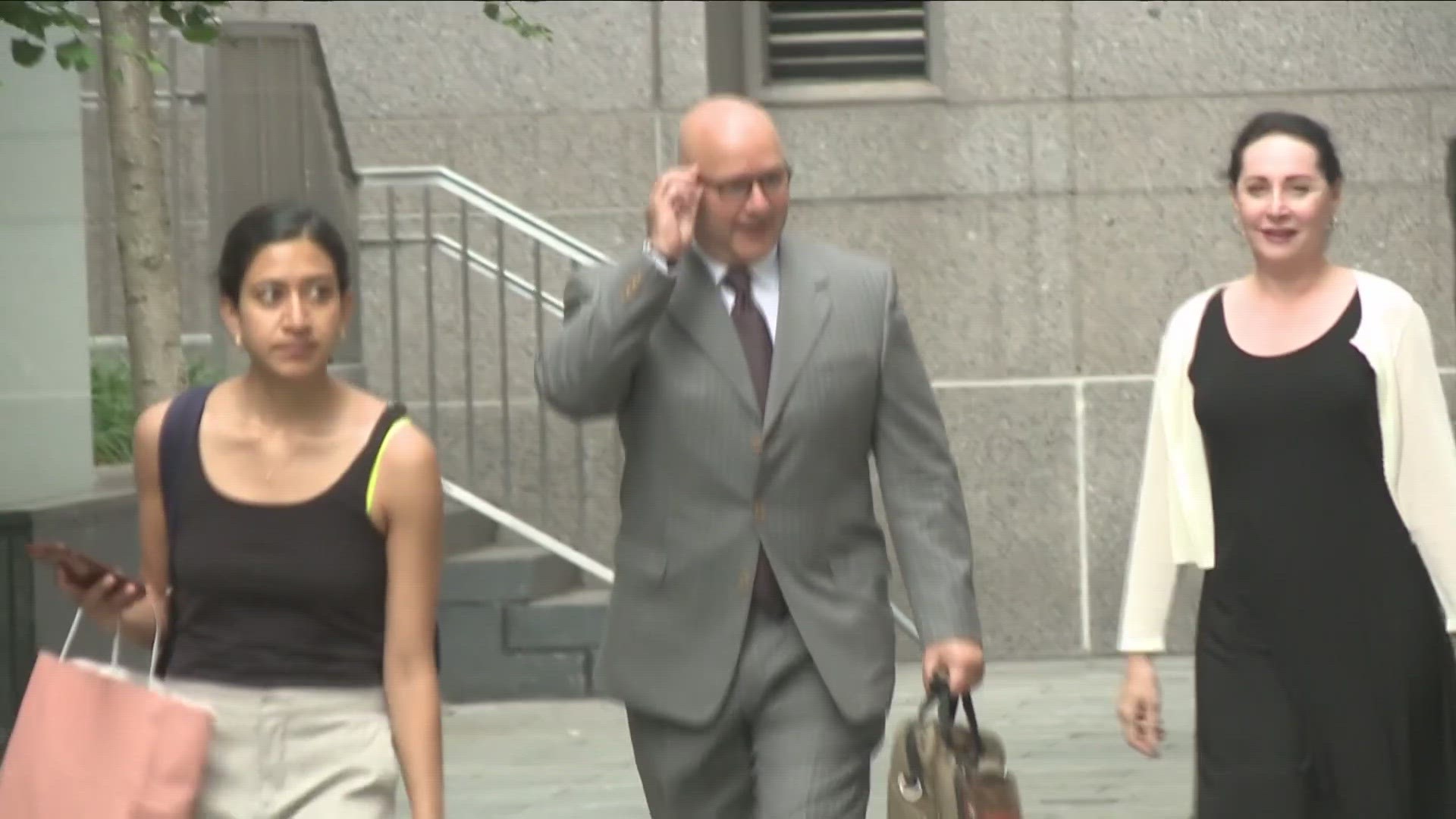WASHINGTON — The Supreme Court overturned the convictions Louis Ciminelli and Joseph Percoco, both of whom were involved in the Buffalo Billion project.
The Supreme Court reversed the Second Circuit's judgement that upheld Ciminelli's conviction of wire fraud and conspiracy to commit wire fraud.
Ciminelli was convicted in a pay-to-play conspiracy in which his firm won a development job worth a half billion dollars. Prosecutors called the scheme an "enormous fraud" and said it involved state-funded contracts worth more than $850 million being steered to favored developers.
Read the full ruling below:
The court also reversed Joseph Percoco's conviction of conspiracy to commit honest-service wire fraud in relation to the labor-peace requirement. The Supreme Court also instructed that the case be heard again, finding the test used to determine his conviction improper.
Percoco was convicted of accepting over $300,000 from companies seeking to influence the Cuomo administration as it worked on the Buffalo Billion project. He was ultimately sentenced to six years in prison, a conviction previously upheld on appeal.
Read the full ruling below:
We spoke with attorney Paul Cambria about both cases.
"What the Supreme Court said there was that this intangible right of economic information that supposedly the agency was deprived of, is not a property right and that the fraud, federal fraud statutes, deal with property right. So what they've said here is this wasn't the kind of right that was covered by a federal fraud statute," attorney Paul Cambria said about the Ciminelli case.
Cambria said Percoco was tried on a theory of honest services, meaning that as a public official, prosecutors said he owes his honest services to the public.
"What the Supreme Court then said was, however, the jury wasn't given enough of a clear definition for them to know where the line was crossed. When do you cross from a private citizen into some kind of influence over a governmental agency that you now owe the right of services to the public. And so they basically reversed this because the definition was so ambiguous to the trial court that they felt that they couldn't do their job," said Cambria.
The Buffalo Billion trial started as a federal probe prompted by reporting from our partners at Investigative Post. Jim Heaney started digging into documents in 2014 and gave us his take on the Ciminelli case.
"I think it's especially relevant to note that the court called what went down here a scheme, and the court went on to say prosecutors tried this case under a law that didn't apply," said Jim Heaney of the Investigative Post.

